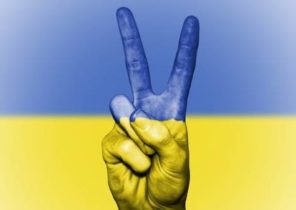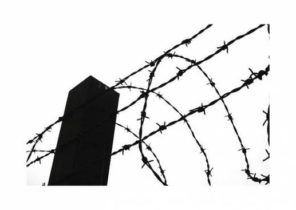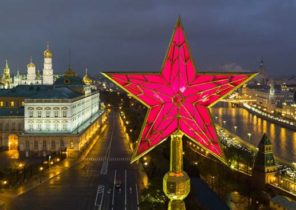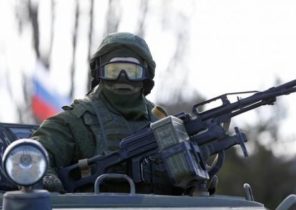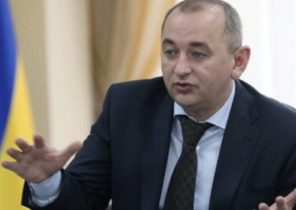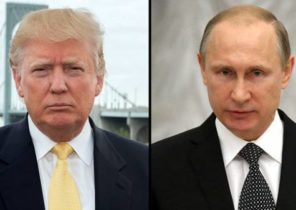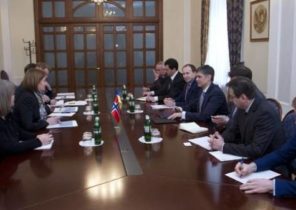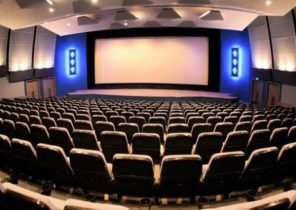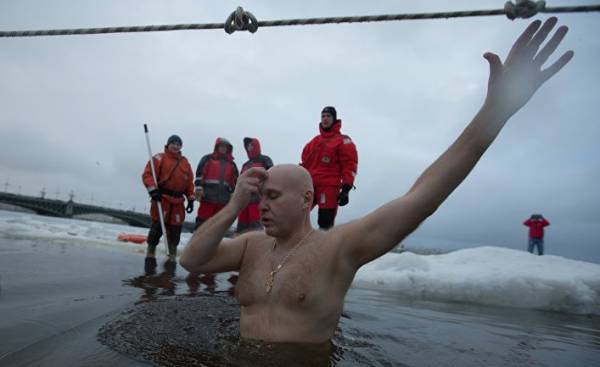
Russia likes to compare it with the Soviet Union. To be like the Empire — one of its main ideologues. But between to be and to seem — insurmountable gap.
Any conversation about the annexation of Crimea, Moscow is reduced to the search of analogies. Talking about Kosovo. Remembers Iraq. Pokes fingers in Libya. All the tools of the Kremlin time and again is that “we are just like you.” They say that nothing is different, and if you can then why we not? A good illustration of what it looks like imitation of the Empire.
And this is imitational manifests itself in the most unexpected areas. The same of the Soviet Union lived with self-awareness of alternatives to Western civilization. He wasn’t just trying to look like a sovereign — he tried to be. This applies not only to engineering and defense industry, space program and sports. The Soviet Union had its own civilization offer and actively tried to promote it.
We may argue about the quality of the proposal, but it was. “Friendship of peoples”, “internationalism”, “planned economy,” “state distribution”, “free education” — the list is long, it will be both supporters and opponents of these ideas. And some not there at all — it’s hard to protest an abstract “friendship of peoples”.
And who can outline the ideology of modern Russia? What is it? What is accompanied by hashtags? Traditional values? Orthodoxy? All these phantoms are easier to ignore — they fit except for the exaltation of Natalia Polonskaya. Enough to see the statistics of divorce to verify the falsity of the first. It is enough to check how many people make the sacrament to detect fake information the second. Traditional values have become a cover for homophobia, and ROC — a way of capitalization of the national obradovala.
In addition, one and the other is constructs for the domestic market. For export it’s not for sale. Not accidentally Russian propaganda outside delivers a completely different product than the one that supplied the Soviet Union. Because the Soviet Union promoted itself as a complete alternative to the West — with all the ideological architecture into the bargain. And Russia is such an alternative is not, therefore, all its propaganda is not so much the promotion of their ideology, but the destruction of someone else’s.
Cynicism and deideologization are the two main export commodity of modern Russia. Its foreign media decide the task of opposing the West. Blur the facts. Substitute for reality. Sow confidence that “there is no truth anywhere” and “all the same”.
The moon is round. The moon is flat. The moon is made of Swiss cheese. The moon is an invention of the Freemasons. Options are hundreds and each of them pushes the truth to the curb. “White noise” — the one that desorientiert and demoralizing. In order to be cleaner — wash is not necessary: it is enough to stain your neighbor.
The Soviet Union offered an alternative. Russia only opposes someone else’s truth. It doesn’t offer kontracepciju, and throws in media space a variety of options designed to bury the fact. Its task is not to convince everyone of the correctness and force to doubt the correctness of the opponent. If the Soviet Union waged a trench warfare, Russia relies on diversion.
European ultra-right and ultra-left will understand this. Their ostentatious friendship with Moscow is not so much solidarity with the Kremlin, as opposing to Brussels. And their embrace with Russia — only a situational antiestablishment Union, which ends after the announcement of the election results. Because they are not Pro-Russian and anti-Russian policy. They antirussische — the passport of whatever country lay within their pocket.
Moscow is still trying to take revenge for the defeat in the cold war. She is trying to destroy the old architecture, and to plunge the world into chaos. Then to this the chaos to win for other starting positions. If the Soviet Union sought to protect its status, Russia tries to change its status. And she needed turbulence.
However, at some point, it may be that the demons released into the wild, not necessarily manual. What’s in the food chain “strong and cynical” Moscow plays the role of fodder. The key to a well-fed and relatively carefree post-perestroika Russian desetileti — the same old architecture relations, which the Kremlin tries to send into oblivion.
Sometimes it is necessary to be afraid of their desires.
